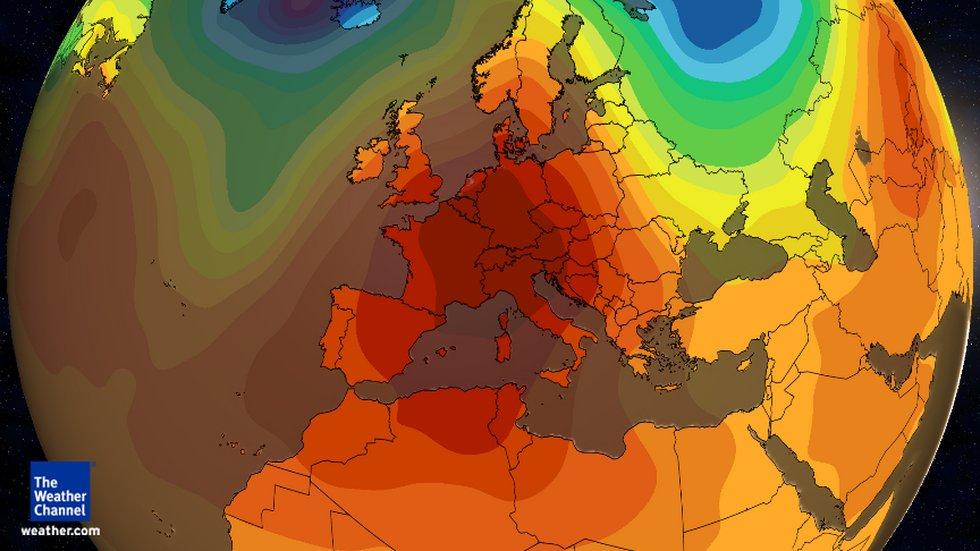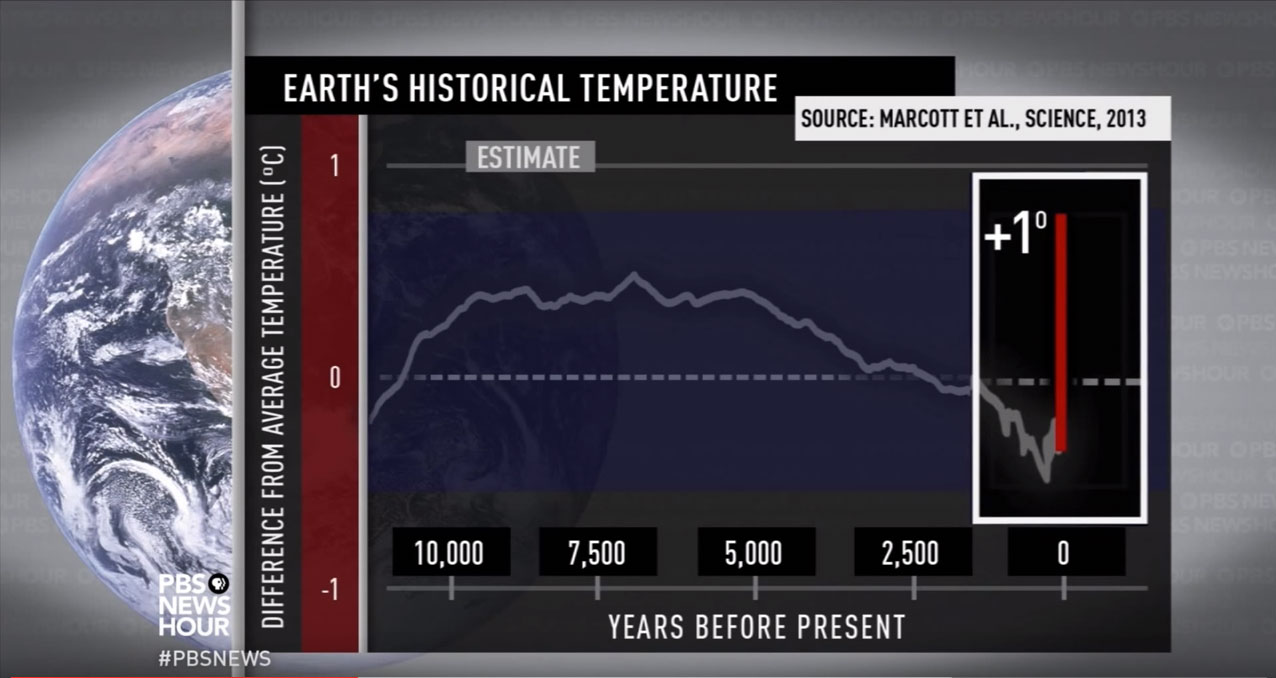Globally, heat kills more people than any other weather-related event. […]
https://youtu.be/11G2XyGm-DU Recent Changes in Blocking Characteristics Assessed Using Self-Organizing Maps […]
Here we look at the current weather configuration in the […]
EurekAlert (Release): Falling oxygen levels caused by global warming could be […]
Using a core sample from the Santa Barbara Basin, UCSB […]
Leaders Event – Statements by Heads of State and Government, […]
NASA: Earth’s land and ocean currently absorb about half of […]







